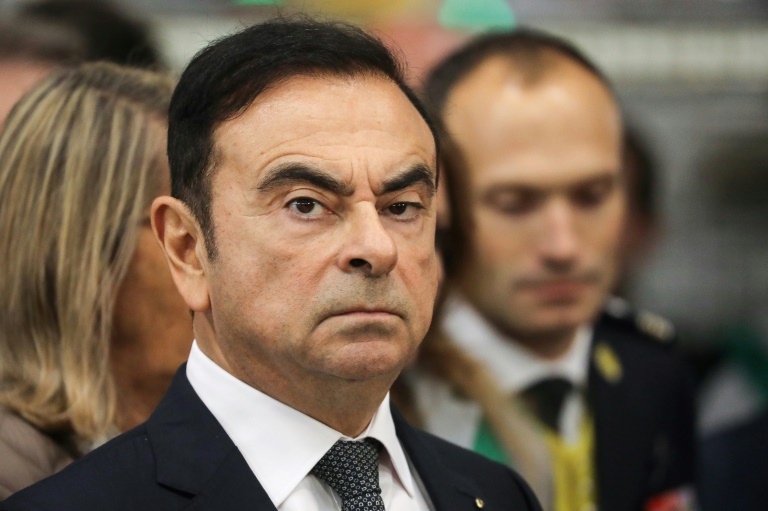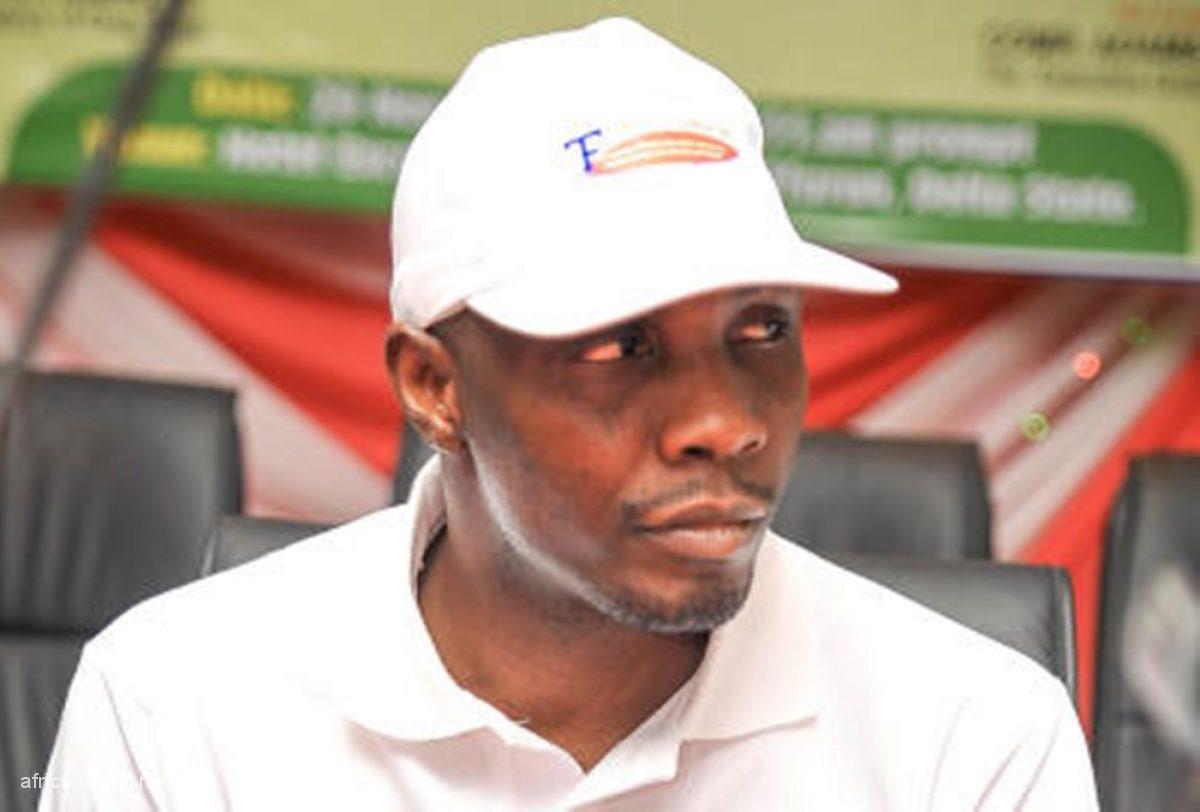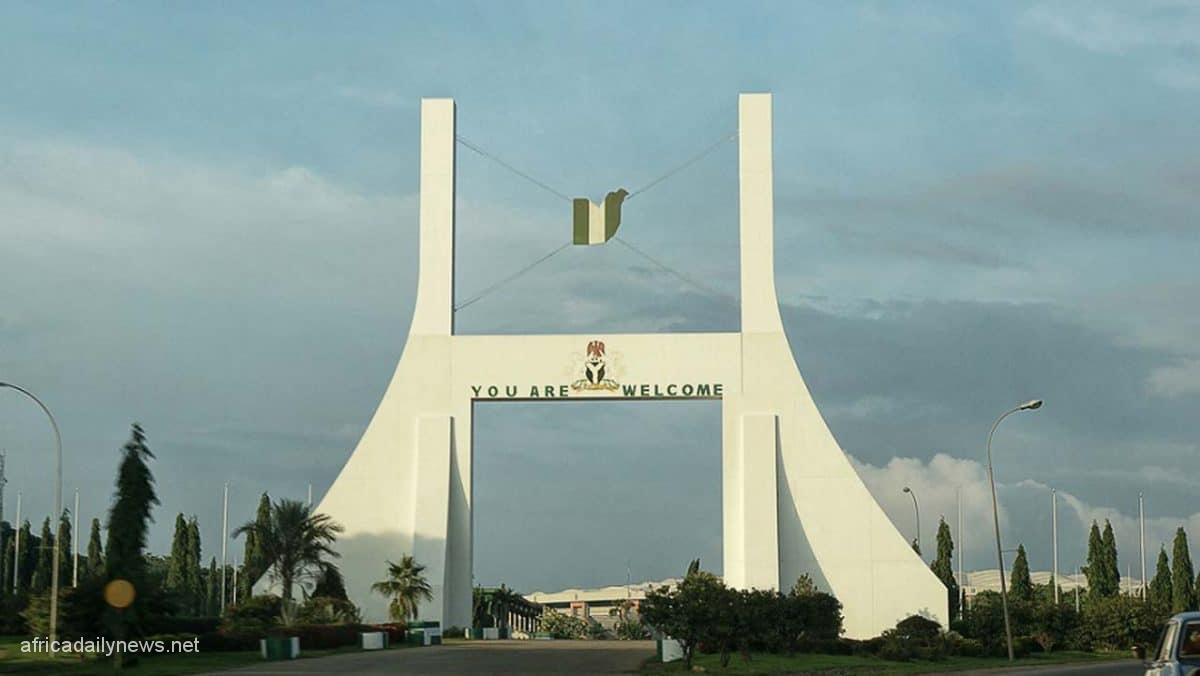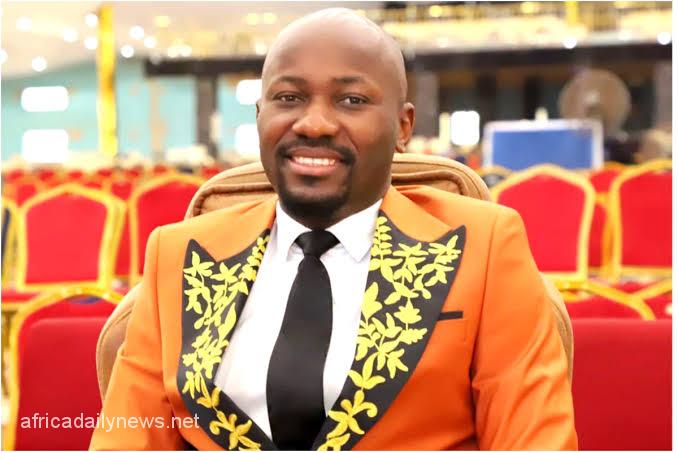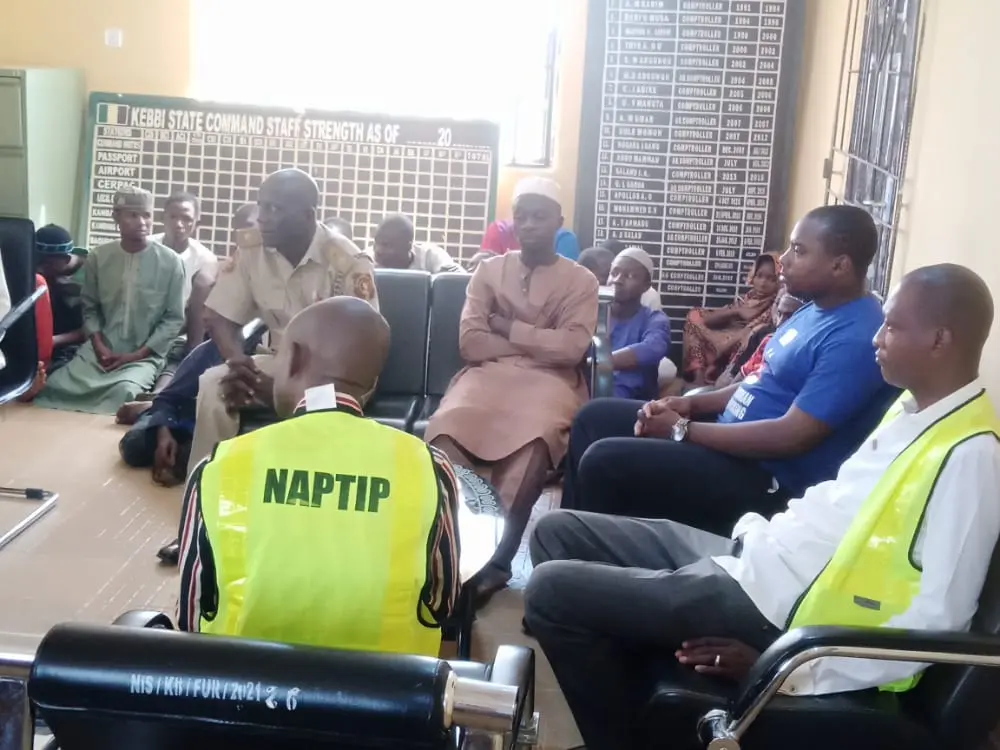Former Nissan chief Carlos Ghosn said Tuesday he had fled to Lebanon to escape injustice in Japan, where he was on bail awaiting trial on financial misconduct charges.
The auto tycoon’s abrupt departure was the latest twist in a rollercoaster journey that saw him fall from boardroom to detention centre and sparked questions over an embarrassing security lapse in Japan.
In a statement, the 65-year-old said he would “no longer be held hostage by a rigged Japanese justice system, where guilt is presumed, discrimination is rampant, and basic human rights are denied”.
“I have not fled justice — I have escaped injustice and political persecution,” said Ghosn, who vowed to communicate “freely” with the media “starting next week”.
It was not clear how he managed to leave Japan, as his bail conditions barred him from exiting the country he had been held in since his sudden arrest in November 2018 sent shockwaves through the business world.
He and his lawyers have repeatedly voiced fears over the impossibility of a fair trial in Japan and have called for the case to be thrown out, citing missteps by the prosecutors’ office.
Lebanon said the fallen car mogul — who holds Lebanese, French and Brazilian nationalities — had entered the country “legally” at dawn on Monday.
“There are no measures that warrant taking steps against him or prosecuting him,” the country’s General Security apparatus said.
Lebanon’s foreign ministry said there was no accord for extradition or judicial cooperation between Beirut and Tokyo.
The circumstances of Ghosn’s departure from Japan and arrival in Beirut were unknown, it added.
But Lebanese media reported Ghosn had flown by private plane from Turkey to Lebanon, where his parents were born and where he spent most of his childhood after arriving there as a toddler.
A source in the Lebanese presidency said Ghosn had entered the country with a French passport and his Lebanese identity card.
A family friend told AFP: “He is in Lebanon in his house with his wife.”
“He is very happy. He is free.”
– ‘Dumbfounded’ –
 AFP / Gal ROMAFactfile on the arrest and charges against Carlos Ghosn, the former Nissan chief who unexpectedly turned up in Lebanon on December 30, according to a Lebanese security source.
AFP / Gal ROMAFactfile on the arrest and charges against Carlos Ghosn, the former Nissan chief who unexpectedly turned up in Lebanon on December 30, according to a Lebanese security source.Many Lebanese view Ghosn as a symbol of their country’s large diaspora and a prime example of Lebanese entrepreneurial genius and were shocked by his arrest.
But in Tokyo, the unexpected turn of events sparked questions about how he gave authorities the slip.
His Japanese lawyer Junichiro Hironaka said he was “dumbfounded” by the news and confirmed that lawyers were still in possession of Ghosn’s passports.
Public broadcaster NHK cited a foreign ministry official as saying: “He was not supposed to leave the country. Had we known about it beforehand, we would have reported that to proper law enforcement authorities.”
The Japanese government has not commented publicly on Ghosn’s flight.
But Taichiro Motoe, a lawmaker from Prime Minister Shinzo Abe’s ruling Liberal Democrat Party (LDP), said the news had come as a “shock” and called for “swift and effective” improvements.
France said it was unaware of Ghosn’s plans to flee and had no information about the circumstances.
Lebanon’s MTV television reported that Ghosn was smuggled to the airport in Japan in a musical instrument case belonging to a band who had been booked to perform on New Year’s Eve.
Read Also: Iraq: Iran Attacks US As Trump Threatens Repercussion
But a member of his entourage denied the report.
– ‘Conspiracy’ –
 AFP / ANWAR AMROMembers of the Lebanese media wait in front of a house identified by court documents as belonging to former Nissan chief Carlos Ghosn in a wealthy Beirut neighbourhood
AFP / ANWAR AMROMembers of the Lebanese media wait in front of a house identified by court documents as belonging to former Nissan chief Carlos Ghosn in a wealthy Beirut neighbourhoodGhosn’s sudden departure was nearly as dramatic as his arrest at a Tokyo airport.
Prosecutors stormed his private jet and whisked him off to a Tokyo detention centre where he spent more than 100 days in spartan conditions far removed from his sometimes extravagant lifestyle.
He eventually won bail, striding out of the detention centre disguised in a workman’s uniform complete with mask and cap in an apparent bid to fool the world’s media camped outside.
Then one morning in April, he was rearrested on another set of charges just days before he was due to give a hotly anticipated news conference.
He released a video apparently pre-recorded in which he accused “backstabbing” Nissan executives of a “conspiracy”.
Later that month, he was released again on bail — this time leaving in a business suit — and he had been in Tokyo ever since preparing for his trial in “combative” mood, according to his lawyers.
He stands accused of two counts of under-reporting his salary to the tune of 9.23 billion yen ($85 million) from 2010 to 2018, deferring some of his pay and failing to declare this to shareholders.
Prosecutors also allege he attempted to get Nissan to cover around 1.85 billion yen in personal foreign exchange losses during the 2008 financial crisis.
 AFP / Kazuhiro NOGICarlos Ghosn’s Japanese lawyer Junichiro Hironaka said he was “dumbfounded” by the news and confirmed lawyers were still in possession of Ghosn’s passports
AFP / Kazuhiro NOGICarlos Ghosn’s Japanese lawyer Junichiro Hironaka said he was “dumbfounded” by the news and confirmed lawyers were still in possession of Ghosn’s passportsThe fourth charge against him is that he allegedly transferred millions from Nissan funds to a dealership in Oman, from which the executive supposedly skimmed off $5 million for his personal use.
He has consistently denied all charges against him, saying they are a “plot” by Nissan executives to get rid of him because they feared he was moving the Japanese firm to a closer tie-up with Renault.
In the meantime, Ghosn has lost the business empire he was once lauded for creating. Sacked from Nissan and Mitsubishi Motors, he resigned from Renault — the third firm in the uneasy car alliance he forged.
AFP NEWS

